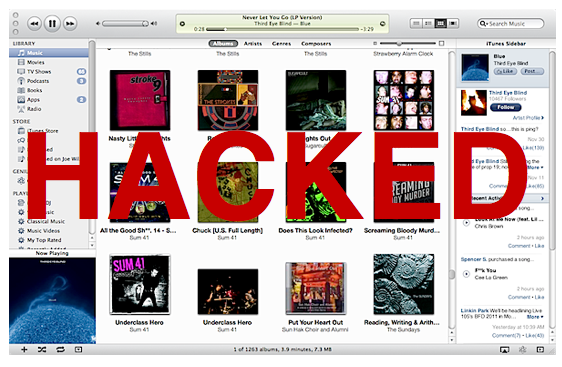Eric Johnston
May 4, 2011

Warning … structural shift in the economy. Photo: AFP
ANZ has warned of a structural shift across the economy where industries such as manufacturing, tourism and retailing need to confront to the reality of a persistently high Australian dollar.
The bank’s chief executive, Mike Smith, also called on the Reserve Bank to curb any further interest rate rises, warning that parts of the economy had hit a ”flat spot” with confidence levels among business and consumers still fragile.
Mr Smith made his comments as the Reserve Bank left official cash rates unchanged at 4.75 per cent at its monthly board meeting yesterday. But the bank board suggested a mid-year rise could be be possible if inflationary pressures persisted.
Advertisement: Story continues below
Mr Smith said a ”major structural change” was underway as the economy was shaped by the mining boom, which was also driving the Australian dollar to record highs.
”I don’t think the magnitude of this shift is still fully understood, nor its implications for industries like manufacturing, tourism and retail where business models are clearly going to have to adapt to a lower margin, lower growth environment,” he said.
Mr Smith unveiled a 38 per cent jump in ANZ’s first-half cash profit to $2.66 billion, putting the big-four bank on track for a record full year.
The result for the six months to the end of March was driven by a sharp drop in bad debts, while ANZ’s institutional business regained some momentum.
ANZ declared a first-half dividend of 64¢ a share, up 12¢ on the first half last year.
The bottom-line result was struck on a 19 per cent increase in first-half revenues to $8.61 billion, mostly as wealth management and trading income improved.
But this was largely offset by a 19 per cent increase in costs, which has been a continuing sore point for ANZ. A stronger Australian dollar wiped 2 per cent from profit.
The bank revealed its flagship Australian division experienced sluggish growth over the past 12 months and went backwards in the first half on an underlying profit basis.
It turned in first-half earnings of $1.32 billion, just 2 per cent higher on the previous corresponding period but down 6 per cent on the second half of last year.
ANZ’s Institutional business continued its recovery from its low points with profits up 24 per cent, while New Zealand operations returned 63 per cent growth despite the effects of the Christchurch earthquakes. Much of the profit life there came from widening margins.
The Asia-Pacific division continues to expand, with profits coming in 44 per cent higher at $396 million.
ANZ recently outlined plans to generate nearly a third of group profits from its Asian operations by 2017, a doubling of current profit contribution from those divisions.
The bank’s net interest margin, a core measure of profitability, dipped to 2.47 per cent from 2.50 per cent in the September half last year amid renewed pricing competition in institutional lending.
Provisions for bad debts fell 40 per cent to $660 million. The health of ANZ’s lending book continued to improve, but further gains would be at a slower pace, Mr Smith said.
ANZ set aside $79 million to cover potential lending losses arising from recent natural disasters, particularly the Queensland floods.
Return on equity continued to push higher, suggesting bank profitability was inching back to pre-financial crisis levels. ANZ’s return on equity of 16.7 per cent was up from 14.7 per cent a year ago.
